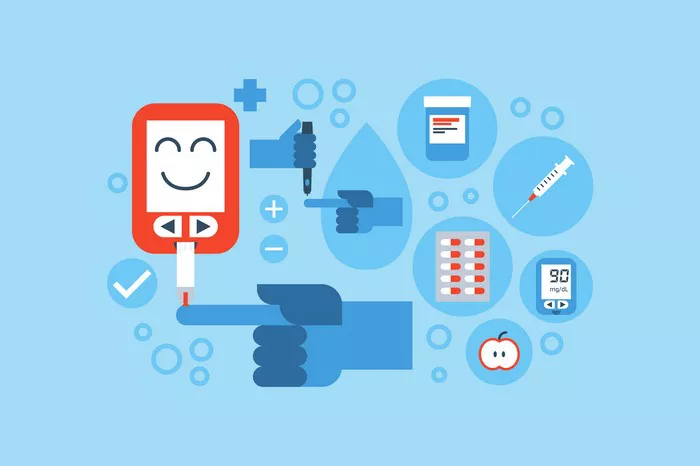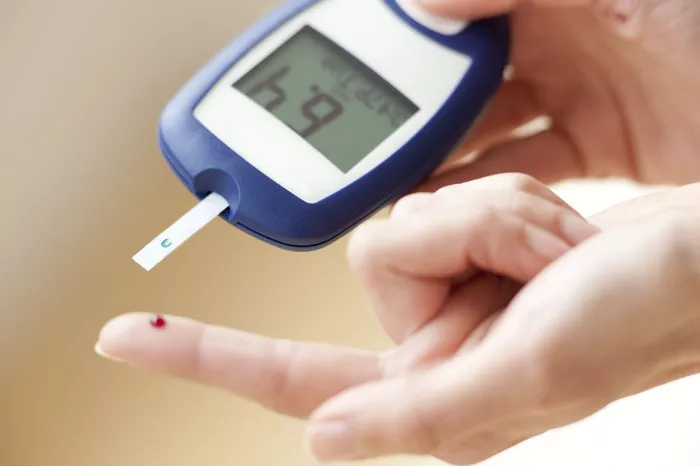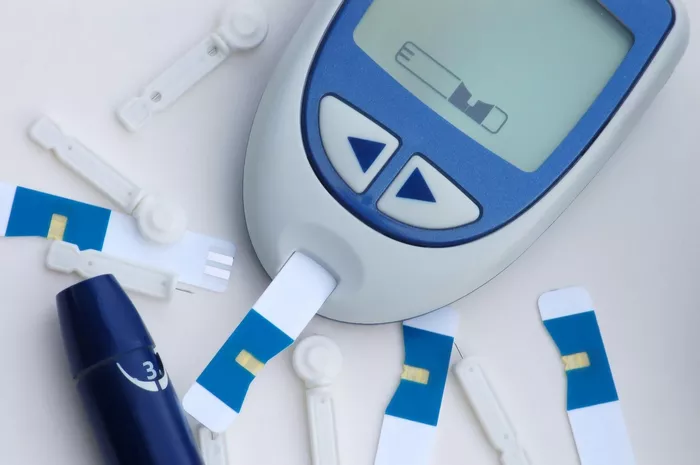Diabetes is a chronic condition that affects millions of people worldwide. Managing diabetes involves careful monitoring of blood sugar levels, lifestyle modifications, and dietary changes. One common question that arises among diabetics is whether they can consume certain foods, including bacon and eggs, which are traditionally considered part of a hearty breakfast. This article will delve into the nutritional aspects of bacon and eggs, their impact on blood sugar levels, and whether they can be included in a diabetic diet.
Understanding Diabetes and Diet
Types of Diabetes
There are two main types of diabetes: Type 1 and Type 2. Type 1 diabetes is an autoimmune condition where the body attacks insulin-producing cells in the pancreas. Type 2 diabetes, which is more common, occurs when the body becomes resistant to insulin or the pancreas does not produce enough insulin. Both types require careful management of blood sugar levels, which can be significantly influenced by diet.
The Importance of Diet in Diabetes Management
Diet plays a crucial role in managing diabetes. Foods that cause rapid spikes in blood sugar levels can lead to complications, while a balanced diet can help maintain stable blood sugar levels. Carbohydrates, in particular, are a primary concern because they are broken down into glucose, which directly impacts blood sugar levels. Proteins and fats also play important roles, but their effects on blood sugar are less immediate and pronounced.
Nutritional Composition of Bacon and Eggs
Bacon
Bacon is a popular breakfast food made from pork belly that has been cured and often smoked. It is known for its rich flavor and high fat content.
Nutritional Breakdown:
Calories: Bacon is calorie-dense, with approximately 42 calories per slice.
Fat: Bacon is high in fat, with a single slice containing about 3 grams of fat, including saturated fats.
Protein: Each slice provides around 3 grams of protein.
Carbohydrates: Bacon contains minimal carbohydrates, generally less than 1 gram per slice.
Sodium: Bacon is high in sodium due to the curing process, with one slice containing about 190 milligrams.
Eggs
Eggs are a versatile and nutritious food, often praised for their high-quality protein content and essential nutrients.
Nutritional Breakdown
Calories: A large egg contains about 70-78 calories.
Protein: Eggs are rich in protein, with one large egg providing about 6 grams.
Fat: A large egg has around 5 grams of fat, including both saturated and unsaturated fats.
Carbohydrates: Eggs have very low carbohydrate content, with less than 1 gram per egg.
Vitamins and Minerals: Eggs are a good source of vitamins A, D, E, B12, and minerals such as iron, phosphorus, and selenium.
Impact of Bacon and Eggs on Blood Sugar Levels
Low Carbohydrate Content
One of the primary considerations for diabetics is the carbohydrate content of foods, as carbohydrates have the most direct impact on blood sugar levels. Both bacon and eggs are low in carbohydrates, making them less likely to cause significant spikes in blood sugar levels. This low carbohydrate content can make bacon and eggs a suitable option for diabetics, especially when compared to high-carb breakfast choices like cereals, bread, or pastries.
Protein and Fat Content
The protein and fat content in bacon and eggs can have a stabilizing effect on blood sugar levels. Protein takes longer to digest and does not directly convert to glucose, which helps in maintaining steady blood sugar levels. Fat also slows down digestion and the absorption of glucose, further contributing to blood sugar stability. However, it is important to consider the type and amount of fat, especially saturated fats, which can impact overall health.
Health Considerations and Potential Risks
Saturated Fat and Heart Health
One of the main concerns with consuming bacon is its high saturated fat content. Diets high in saturated fats are associated with increased risk of cardiovascular disease, which is a significant concern for diabetics who already have a higher risk of heart-related issues. Consuming too much saturated fat can lead to higher cholesterol levels, particularly LDL (bad) cholesterol, which can contribute to the development of atherosclerosis.
Sodium Content
Bacon’s high sodium content is another factor to consider. High sodium intake is linked to increased blood pressure, which can exacerbate cardiovascular issues. For diabetics, managing blood pressure is crucial as hypertension is a common comorbidity. Therefore, moderation is key when including bacon in a diabetic diet.
Processed Meats and Health Risks
Bacon is a processed meat, and there is evidence linking the consumption of processed meats to various health risks, including certain cancers and chronic diseases. This is primarily due to the presence of preservatives like nitrates and nitrites, which can form harmful compounds during cooking.
Nutrient Density of Eggs
Eggs, on the other hand, are nutrient-dense and provide several essential nutrients that are beneficial for overall health. They are a good source of high-quality protein, which is important for muscle maintenance and repair. The presence of vitamins and minerals, including vitamin D, choline, and selenium, makes eggs a valuable addition to the diet. However, some studies suggest that dietary cholesterol, found in eggs, might impact blood cholesterol levels in some individuals. For most people, moderate egg consumption does not appear to significantly affect heart disease risk.
Incorporating Bacon and Eggs into a Diabetic Diet
Portion Control and Moderation
When including bacon and eggs in a diabetic diet, portion control and moderation are crucial. Small servings of bacon can be included occasionally, but it should not be a daily staple. Pairing bacon with nutrient-dense foods like vegetables can enhance the nutritional profile of the meal. Eggs can be consumed more frequently, but it is advisable to monitor overall cholesterol intake and consult with a healthcare provider if there are concerns about blood cholesterol levels.
Healthy Cooking Methods
The method of preparation can significantly impact the healthfulness of bacon and eggs. Baking or grilling bacon can reduce the fat content compared to frying. When cooking eggs, using methods like boiling, poaching, or scrambling with minimal added fat can help maintain their nutritional benefits without adding unnecessary calories or unhealthy fats.
Balancing the Meal
Balancing bacon and eggs with other healthy foods is essential. Incorporating fiber-rich vegetables, whole grains, and healthy fats can create a more balanced meal that supports blood sugar control and overall health. For instance, pairing eggs with spinach, tomatoes, or avocado can add fiber, vitamins, and healthy fats, creating a more nutritious and satisfying meal.
Practical Tips for Diabetics
Reading Nutrition Labels
When purchasing bacon, it is important to read nutrition labels and choose options with lower sodium and no added sugars. Some brands offer reduced-sodium or nitrate-free bacon, which can be a healthier choice.
Choosing Healthier Alternatives
There are several alternatives to traditional pork bacon that can be considered. Turkey bacon, for instance, typically has lower fat and calorie content. However, it is still important to check the sodium content and ingredients. Plant-based bacon alternatives made from tempeh or mushrooms can provide a similar flavor with added nutritional benefits.
Monitoring Blood Sugar Levels
Diabetics should closely monitor their blood sugar levels when trying new foods or making dietary changes. This can help identify how specific foods affect their blood sugar and adjust portion sizes or frequency of consumption accordingly.
Consulting with a Healthcare Provider
Before making significant changes to their diet, diabetics should consult with a healthcare provider or a registered dietitian. They can provide personalized advice based on individual health needs, blood sugar control, and overall dietary goals.
Conclusion
Bacon and eggs can be included in a diabetic diet, but it is essential to do so with careful consideration of portion sizes, cooking methods, and overall dietary balance. While eggs offer numerous nutritional benefits, the high saturated fat and sodium content of bacon necessitate moderation. By balancing these foods with other nutrient-dense options and adopting healthy cooking practices, diabetics can enjoy bacon and eggs as part of a varied and healthy diet. Consulting with healthcare professionals can provide additional guidance and ensure that dietary choices support optimal blood sugar control and overall health.
Related topics:
The Importance of Proper Nutrition in Managing Diabetes
Essential Foods to Raise Low Blood Sugar Levels
A Comprehensive Guide to Managing Diabetes through Nutrition

























